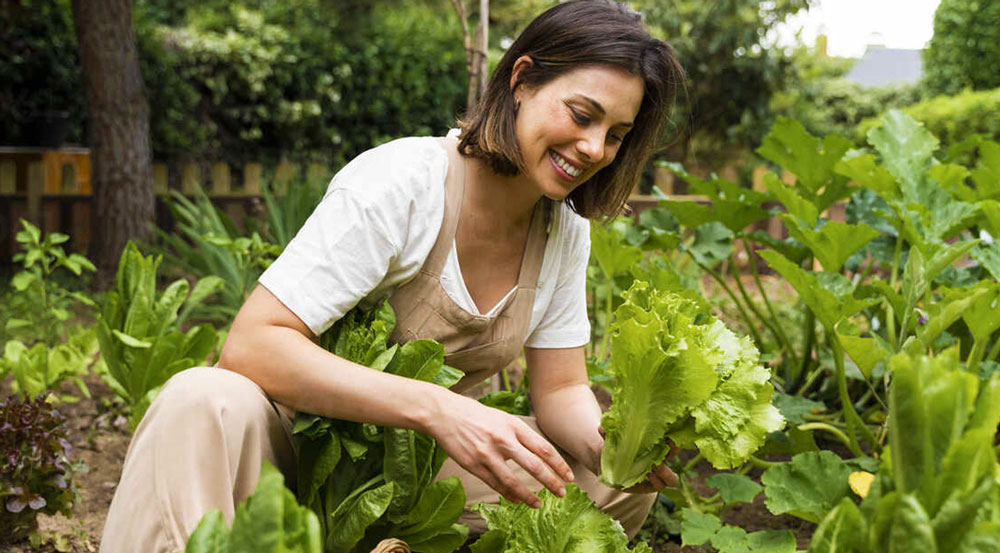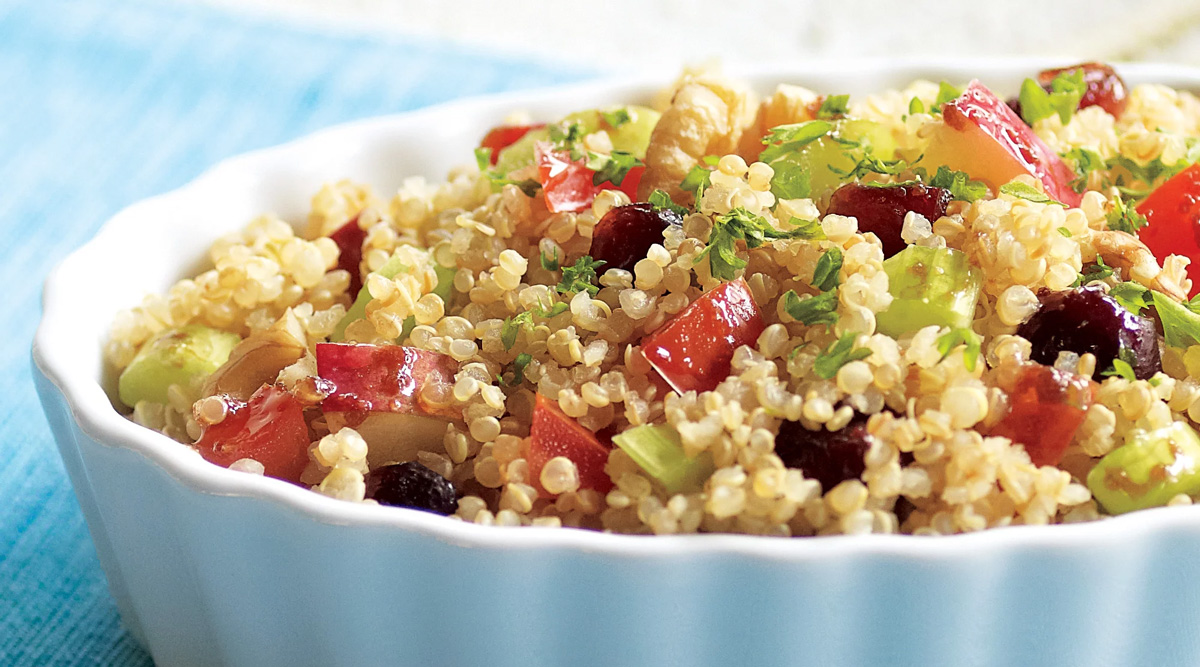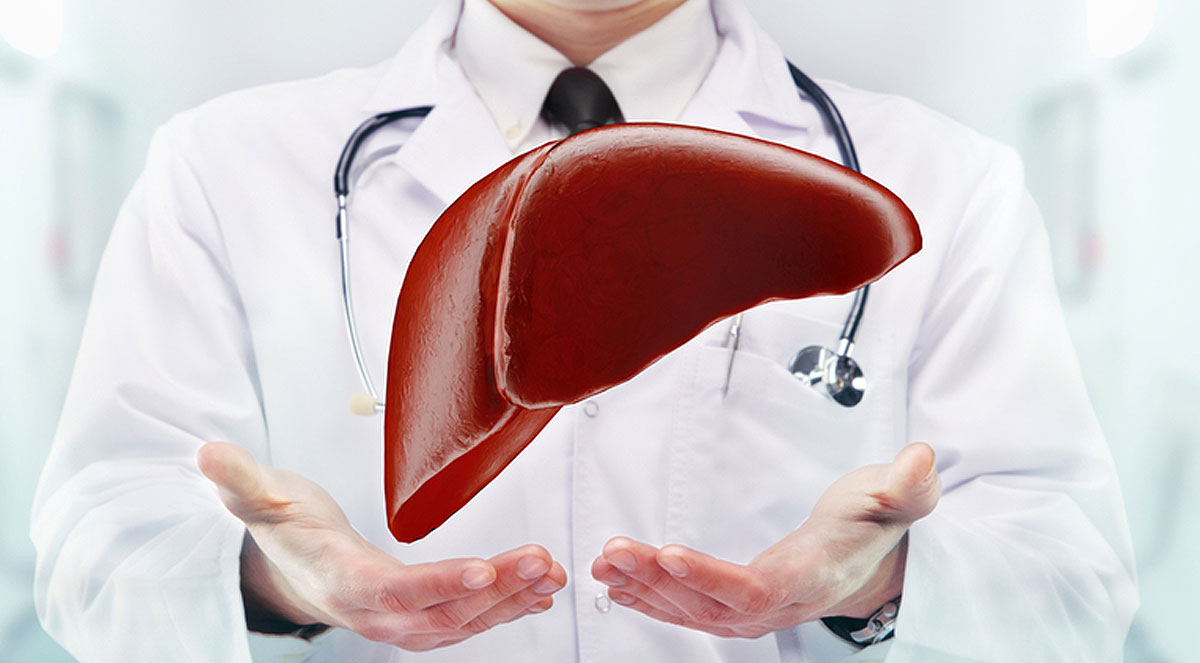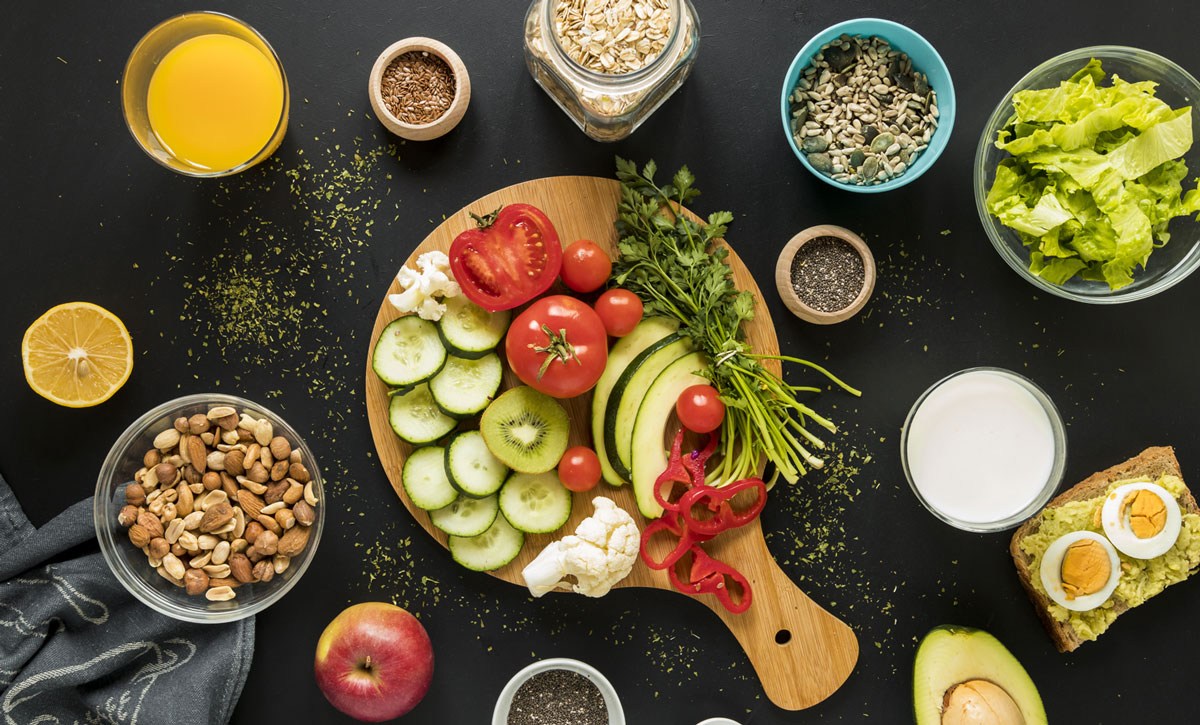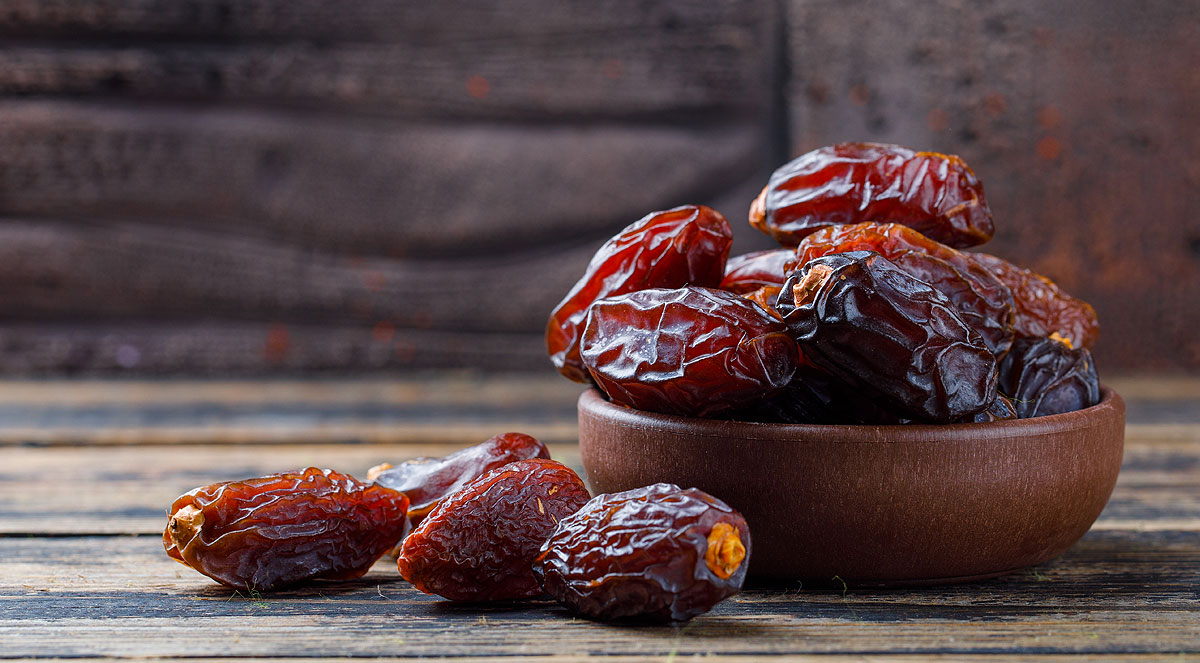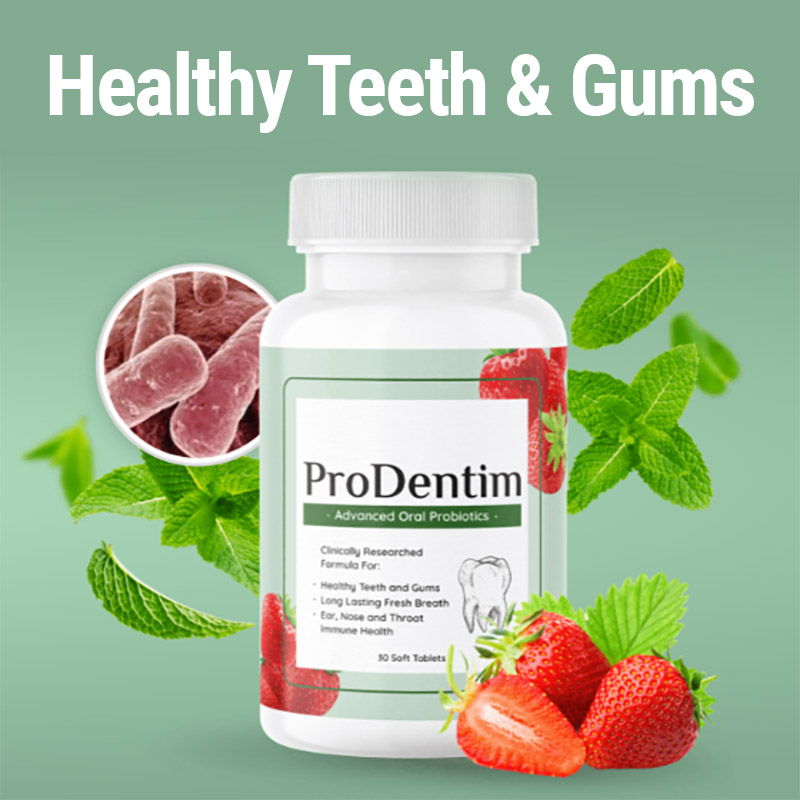Organic farming is identical to conventional gardening, except that no synthetic fertilizers or pesticides are used. Certain features, such as disease, pest, and weed control, may become more challenging. Organic gardening also necessitates a greater focus on the soil and the diverse needs of plants.
The perfect soil
Organic gardening begins with the soil. Gardeners must add organic matter to the soil on a regular basis to maintain its productivity. In reality, compost is critical to the health and well-being of organically cultivated plants. Compost can be formed from a variety of materials, including leaves, dead flowers, vegetable scraps, fruit rinds, grass clippings, manure, and many others. The perfect soil is black in color, has a delicious smell, and is teeming with earthworms. Some soils may require additional natural additives such as bonemeal, rock phosphates, or greensand that normal compost cannot provide. A simple soil test will reveal the pH balance and which nutrients are required.
Fighting insects in a natural way
Insects on plants are one problem that causes even the most dedicated organic gardeners to seek insecticides. Preventative treatments are the most effective strategy to protect plants from insects. One thing that may be done is to ensure that plants are healthy and not too damp or dry, because insects prefer to attack damaged plants, while healthy plants can typically outgrow small bug damage. A variety of plant varieties is a good idea to prevent pests of one plant type from destroying the entire garden.
Making your garden appealing to insect predators such as ladybugs, birds, frogs, and lizards is possibly the most significant approach to guard against insects. You can accomplish this by keeping a water source close or by cultivating plants that attract nectar-eating insects. Other alternatives include sticky traps, obstacles, and plant collars. Insecticidal soaps, garlic, and chili pepper are among common household goods that repel insects.
Choose disease-resistant plants and plant them in their optimum circumstances to avoid plant disease in organic gardening. Many illnesses spread as a result of persistent dampness and poor air circulation, thus the location of your garden and how it is irrigated might help protect it from disease.
Get rid of the weeds
Weeds can be an annoyance and a source of frustration in organic farming. Organic mulch can act as a weed barrier, but top it with newspaper, construction paper, or cardboard for added protection. Weed growth can be slowed by spreading corn meal gluten early in the season before planting, as can solarization. There’s also the tried-and-true method of hoeing and hand pulling. Persistence is your best bet for weed prevention. Mulch properly and pick and hoe what you can; after a few seasons, you should be able to get rid of the weeds for good.
Organic gardening is a fantastic approach to ensure that your plants are free of all pesticides and if properly cared for, as healthy as possible. Organic gardening requires a bit more time and care than traditional gardening, but once gardeners get the hang of it and find out all the oddities of their garden, the extra work is well worth it.


